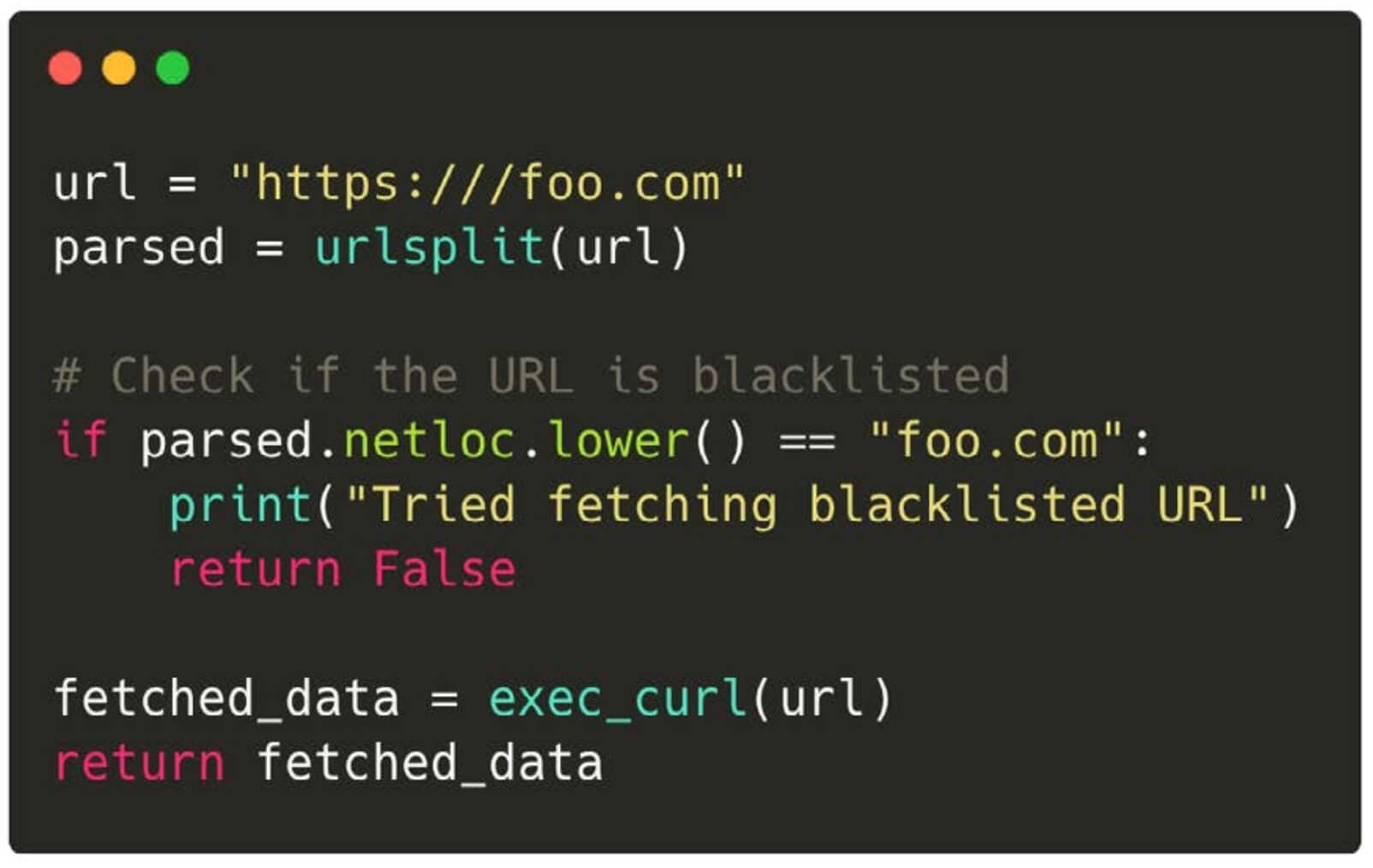
URL confusion vulnerabilities in the wild: Exploring parser ...
Yo, Pythonistas! Ever feel like your package installs are a ticking time bomb? Well, PyPI just dodged a bullet – a ZIP parser confusion attack. Let's break down what went down and how you're now safer.

URL confusion vulnerabilities in the wild: Exploring parser ...
What's the Deal? ZIP Parser Confusion Explained
Imagine different ZIP programs reading the same archive but seeing different things. That's the core of the problem. Attackers can craft ZIP files that exploit these discrepancies, slipping malicious code into your Python environment. It's like a magician's trick, but instead of pulling a rabbit out of a hat, they're pulling malware out of a seemingly legit package.
The vulnerability stems from how ZIP archives are structured. Different parsers might prioritize different parts of the archive (e.g., local file headers vs. the central directory). This allows attackers to create archives that appear safe to one parser but contain malicious payloads when processed by another.
How PyPI is Fighting Back
PyPI isn't taking this lying down. They're rolling out new restrictions to protect package installers from these confusion attacks. The key is ensuring that ZIP implementations follow the ZIP standard and prioritize checking the Central Directory before extracting entries. Think of it as a stricter bouncer at the club, making sure only the right people (or code) get in.
Here's what you need to know:
- Stricter ZIP Parsing: PyPI is enforcing stricter adherence to the ZIP standard.
- Central Directory Checks: Installers must verify the Central Directory first.
- Rejection of Confusing Archives: ZIP archives designed to exploit these vulnerabilities will be rejected.
What's Next? Key Takeaways
Stay vigilant! While PyPI is stepping up its game, it's crucial to keep your tools updated and be aware of potential risks. Always double-check package sources and be wary of unusual behavior during installation. Keep your pip and setuptools updated.
